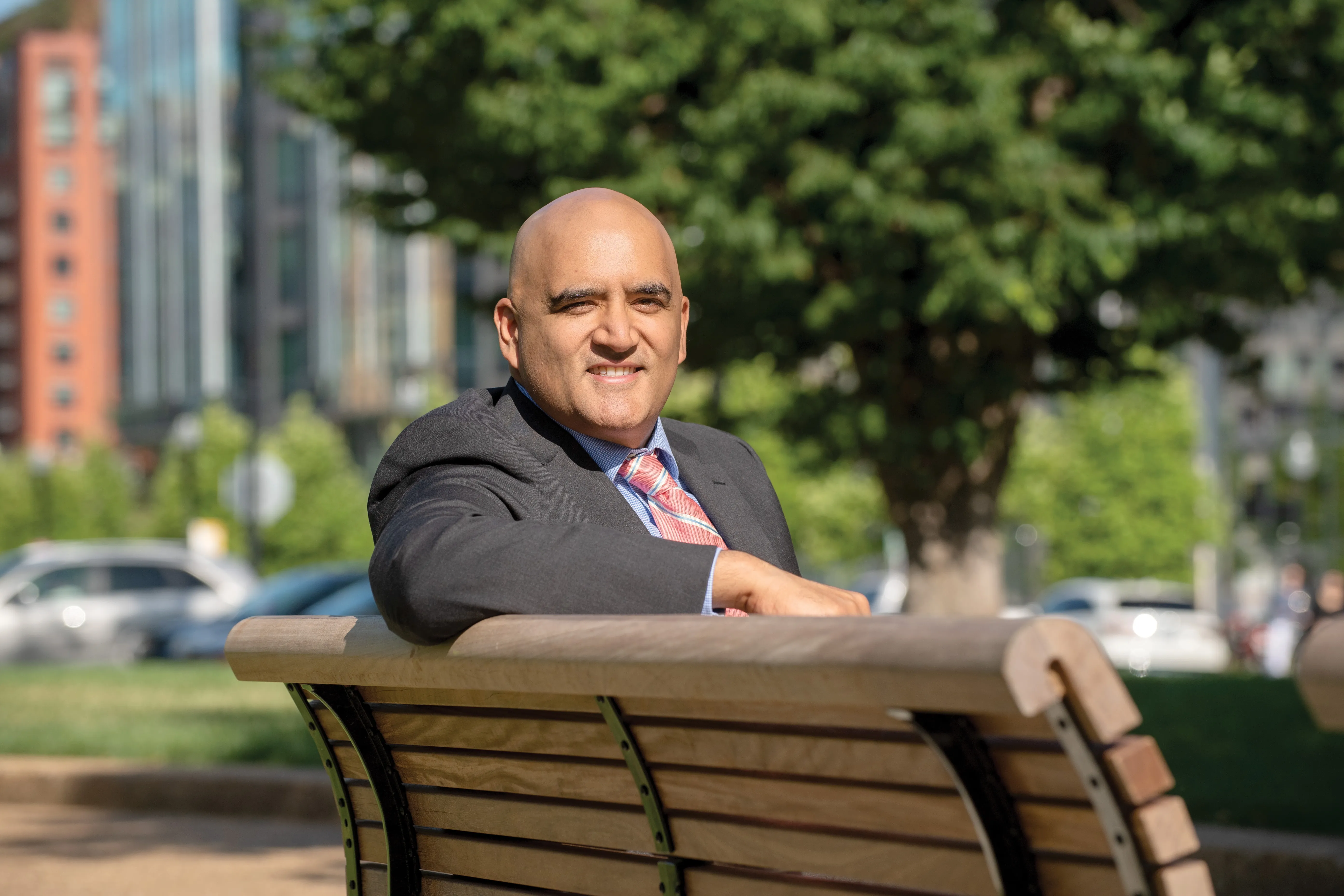In a letter to Congress, the American Trucking Association (ATA) and a coalition of 37 other organisations has warned about the dangers of devolving the federal highway program and urged passage of a robust, long-term highway bill that secures the federal role in transportation. In the letter, ATA and its allies told Congress they strongly oppose devolution proposals such as the Transportation Empowerment Act (TEA), previously introduced and considered in the 113th Congress. They say TEA is an ill-conceive
March 18, 2015
Read time: 2 mins
In a letter to Congress, the 4626 American Trucking Association (ATA) and a coalition of 37 other organisations has warned about the dangers of devolving the federal highway program and urged passage of a robust, long-term highway bill that secures the federal role in transportation.
In the letter, ATA and its allies told Congress they strongly oppose devolution proposals such as the Transportation Empowerment Act (TEA), previously introduced and considered in the 113th Congress. They say TEA is an ill-conceived proposal that would strip away most federal funding for surface transportation projects, essentially eliminating the federal government’s constitutionally mandated role in promoting interstate commerce.
Although soundly defeated last year, supporters of TEA, which ATA claims would burden states with 90 per cent of the responsibility for maintaining a system that carries 55 per cent of all traffic and 97 per cent of truck traffic and underfunds the Interstate system by US$9 billion, intend to press for another vote.
“As the nation’s primary movers of interstate commerce, a uniform transportation system is of paramount importance,” said ATA President and CEO Bill Graves. “Congress should reject dangerous calls to abdicate its Constitutional responsibility to manage and fund the federal highway program and pass a strong, long-term highway bill this spring.
“Congress soundly rejected the devolution idea last year, and they did so for good reason,” Graves said. “Our economic health depends on modern infrastructure and rehashing settled issues like this delay real action to address the nation’s pressing need for improved roads and bridges. There are no Democratic bridges or Republican roads, Congress should stop putting off real action and pass a long-term bill before the current authorisation expires in May.”
In the letter, ATA and its allies told Congress they strongly oppose devolution proposals such as the Transportation Empowerment Act (TEA), previously introduced and considered in the 113th Congress. They say TEA is an ill-conceived proposal that would strip away most federal funding for surface transportation projects, essentially eliminating the federal government’s constitutionally mandated role in promoting interstate commerce.
Although soundly defeated last year, supporters of TEA, which ATA claims would burden states with 90 per cent of the responsibility for maintaining a system that carries 55 per cent of all traffic and 97 per cent of truck traffic and underfunds the Interstate system by US$9 billion, intend to press for another vote.
“As the nation’s primary movers of interstate commerce, a uniform transportation system is of paramount importance,” said ATA President and CEO Bill Graves. “Congress should reject dangerous calls to abdicate its Constitutional responsibility to manage and fund the federal highway program and pass a strong, long-term highway bill this spring.
“Congress soundly rejected the devolution idea last year, and they did so for good reason,” Graves said. “Our economic health depends on modern infrastructure and rehashing settled issues like this delay real action to address the nation’s pressing need for improved roads and bridges. There are no Democratic bridges or Republican roads, Congress should stop putting off real action and pass a long-term bill before the current authorisation expires in May.”







